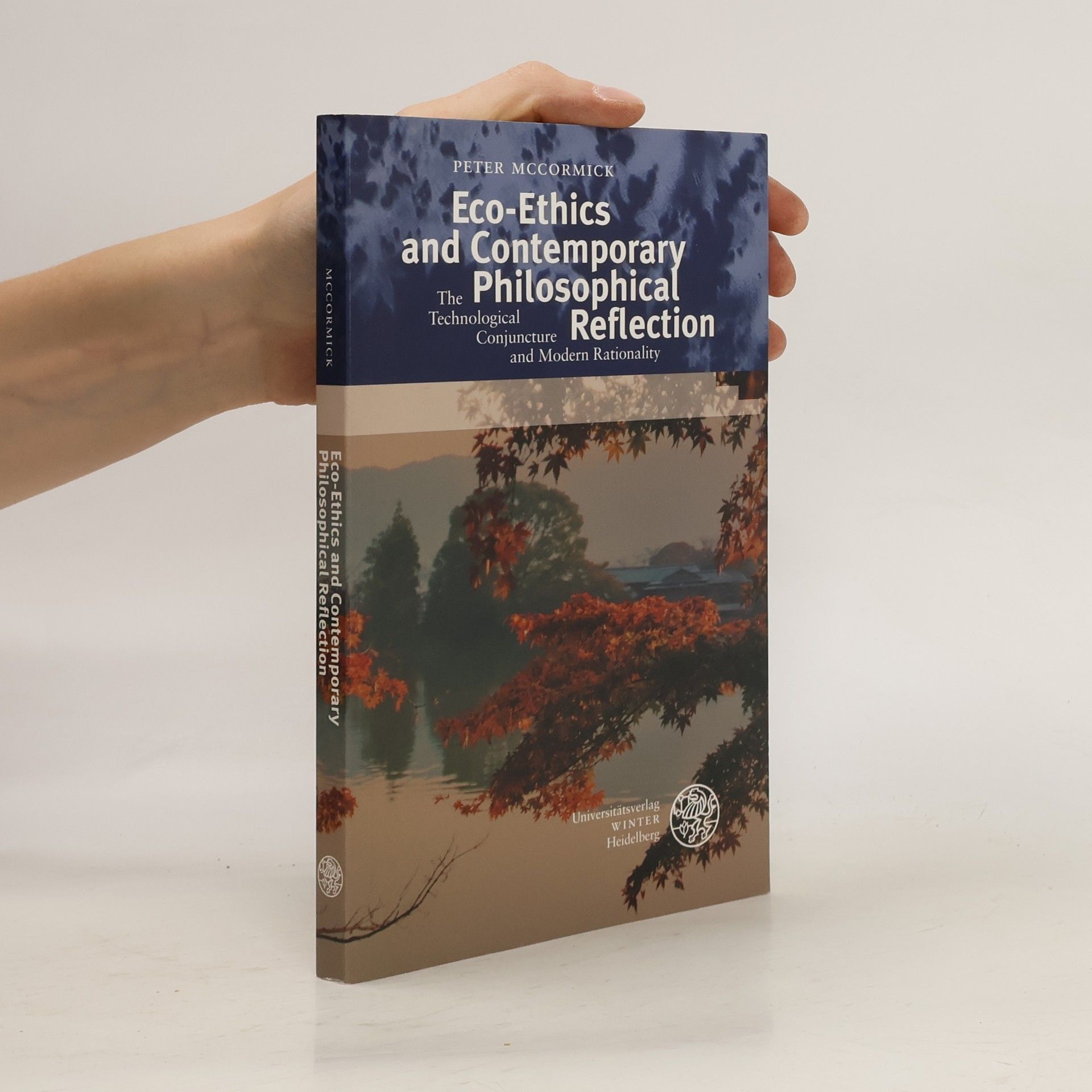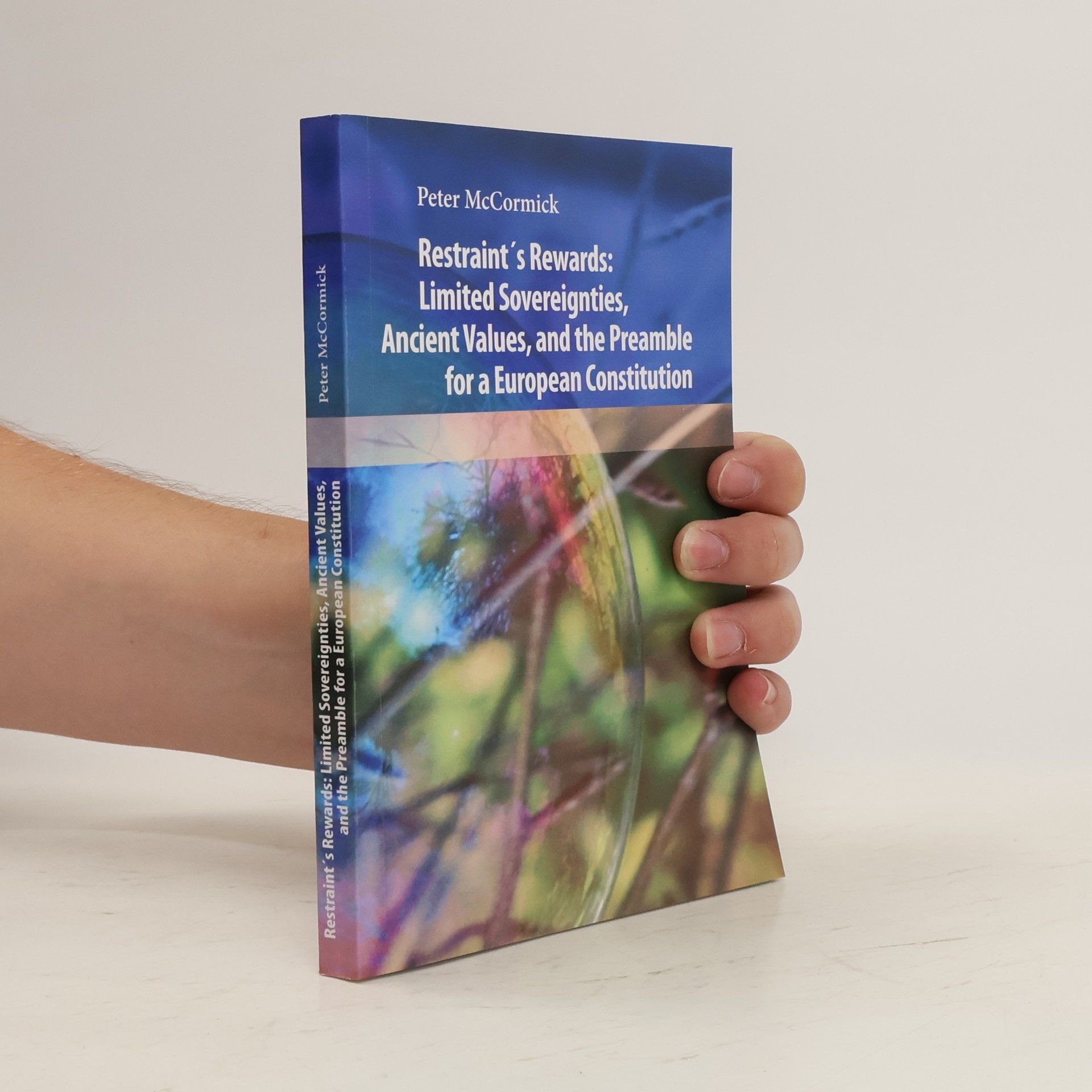Modernities
Historie, Beliefs and Values






Historie, Beliefs and Values
Poverties, Discourses and Limits
By the Court is the first major study of unanimous and anonymous legal decisions: the unique By the Court format used by the Supreme Court of Canada.
This is the first of two volumes dedicated to a sympathetic yet critical articulation of eco-ethics, the project of the distinguished contemporary Japanese philosopher, Tomonobu Imamichi. The basic idea of an eco-ethics is that the now global technological transformation of the human milieu requires radical ethical innovation. In the first of two books published simultaneously, Peter McCormick sets out the major lines of the eco-ethical project in comparison and contrast with outstanding work in contemporary philosophical reflection. He elucidates eco-ethics sympathetically but critically under four headings - moral and ethical realisms, correspondence and coherence accounts of truth, rationalities and aesthetics, interpretation theories and relativisms
Does everyone have a moral obligation to aid famine victims? Or do all persons have more basic ethical responsibility continually to assist such victims substantially, even „beyond the call of moral duty?“ If so, then why? And how? Making use of detailed case studies from the Great Bengal Famines of the 1940s to the recurring Ethiopian famines of the 1970s and 1980s and the Sudanese famines of today, Peter McCormick argues that famine is in part a philosophical issue. In the personal and tentative style of the short, classic reflective essay rather than in the impersonal style of the contemporary extended philosophical monograph, he proposes that „the problem of famine“ cannot be understood as exclusively an economic or political problem. Rather, comprehending famine properly raises at least one quite fundamental ethical issue. For the basic ethical significance of famine is that seriously considering whether and just how one ought continually to assist the numberless victims of famine challenges our previous understandings of what it is both to be a person and to live fully, and rightly, the life of a person.
How can the ongoing suffering of impoverished street children in affluent European Union cities be effectively addressed? This philosophical essay argues that a key solution lies in redefining social injustice not merely as a lack of solidarity, but as a failure to envision and act upon mutualities. Originally presented in 2011 at the Institute of European Studies of the Jagiellonian University in Krakow, the essay examines the dire circumstances of street children in Paris, focusing on their poor health, inadequate housing, insufficient food, and lack of education. While contemporary philosophical insights from thinkers like J. Rawls, A. Sen, R. Dworkin, and J. Habermas offer valuable perspectives on social justice violations, they ultimately fall short in addressing these extreme conditions. However, their ideas can contribute to a redefined understanding of social justice in the European Union, emphasizing the importance of fairness, understanding, respect, and articulacy as essential components of mutualization. This reflection calls for a deeper engagement with the ethical implications of poverty and the responsibilities of society towards its most vulnerable members.
In a world facing climate change, pollution, epidemics, and violence, there is a pressing need for thoughtful collective responses. If individuals, institutions, and communities shift their priorities from preserving privileges to serving communal and relational values, innovative solutions to global issues may emerge. This exploration is framed by two key debates regarding language and personhood. The first, relevant to archeologists and paleontologists, investigates the moment when a person becomes distinct from a human being, marked by the emergence of human language. The second debate, involving linguists and philosophers, focuses on the unique capacities for full human language use, extending beyond the combinatorial language of Neanderthals to encompass deep linguistic and philosophical reflection on symbolic discourse itself. This empirical and philosophical essay aims to shed light on these debates and encourage a fundamental shift in understanding persons as relational beings rather than merely individual or social entities. Peter McCormick, a Fellow of the Royal Society of Canada and a Permanent Member of the Institut International de Philosophie, previously served as Professor of Philosophy at the University of Ottawa and holds an emeritus position in Moral Philosophy at the Internationale Akademie für Philosophie im Fürstentum Liechtenstein.